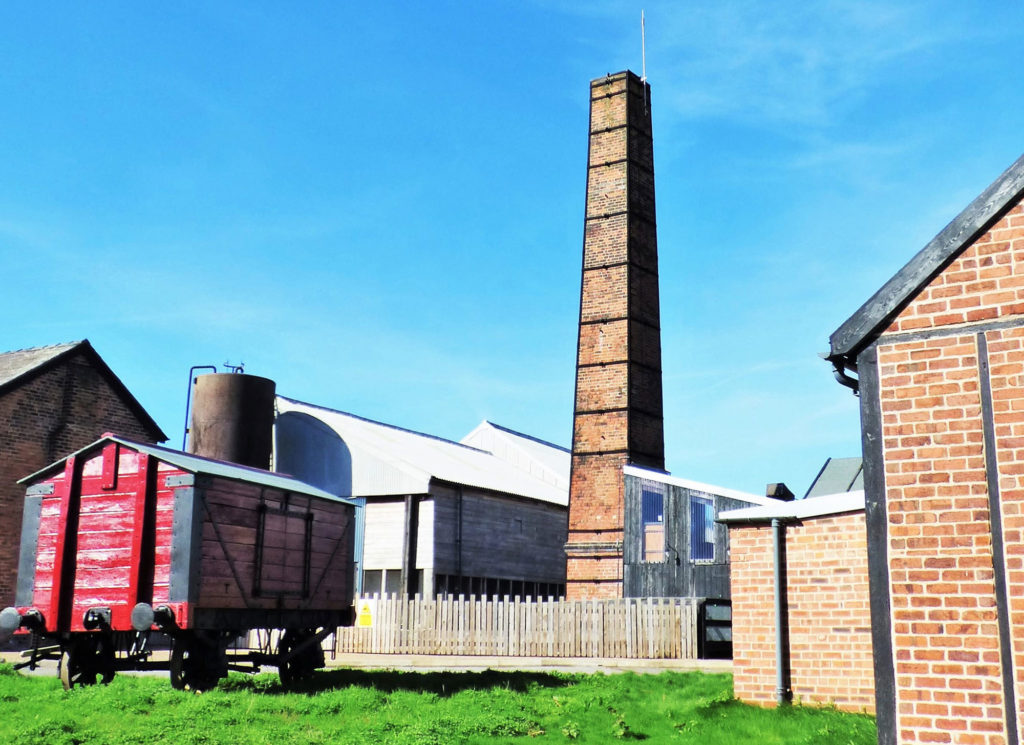The Dawn of a New Era
The Factory Industrial Revolution emerged in the late 18th century, ushering in an era of unprecedented change. Manual labor, once the cornerstone of production, was gradually supplanted by machinery and mechanized processes. Factories, characterized by their efficient workflows and centralized production spaces, became the epicenters of innovation and mass manufacturing.
Technological Innovations and Their Impact
Key technological breakthroughs defined the Factory Industrial Revolution. Steam engines powered factories, allowing for previously unimaginable levels of production speed and capacity. The cotton gin revolutionized textile manufacturing, accelerating the creation of fabrics and clothing. Telegraphs and railways transformed communication and transportation, linking markets and fostering globalization.
Mass Production: Transforming Economies
Mass production, a hallmark of the Factory Industrial Revolution, enabled goods to be manufactured on an unprecedented scale. The assembly line concept, pioneered by visionaries like Henry Ford, revolutionized manufacturing workflows and reduced costs, making goods more affordable and accessible to a wider population. This had profound implications for economies as consumer markets expanded and economic growth soared.
Impact on Work and Society
The Factory Industrial Revolution also redefined the nature of work and labor relations. As factories became the primary sites of production, rural agrarian societies transitioned to urbanized industrial hubs. The workforce shifted from primarily agrarian to industrial, leading to significant societal changes, including urbanization, changes in family dynamics, and the rise of labor unions advocating for workers’ rights and better working conditions.
Legacy and Lessons
The legacy of the Factory Industrial Revolution endures in every facet of modern life. The principles of mass production and mechanization continue to drive technological innovation and economic progress. This era laid the foundation for subsequent industrial revolutions, fostering a culture of innovation that persists to this day.
However, the Factory Industrial Revolution also underscores the importance of balancing technological advancement with ethical considerations. The era’s rapid changes brought about significant social and environmental challenges, reminding us of the need to anticipate and address the potential consequences of rapid industrialization.
